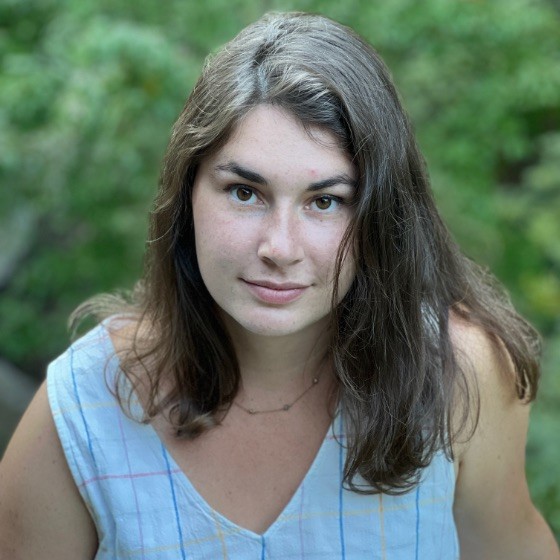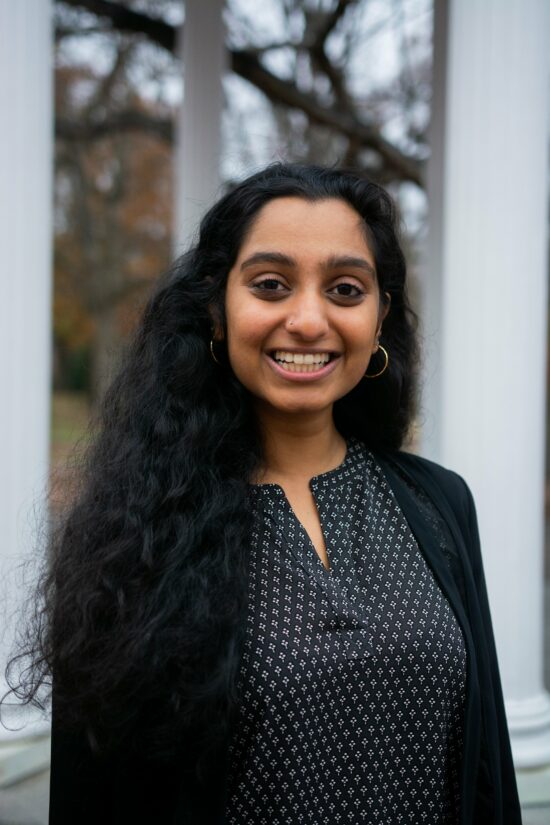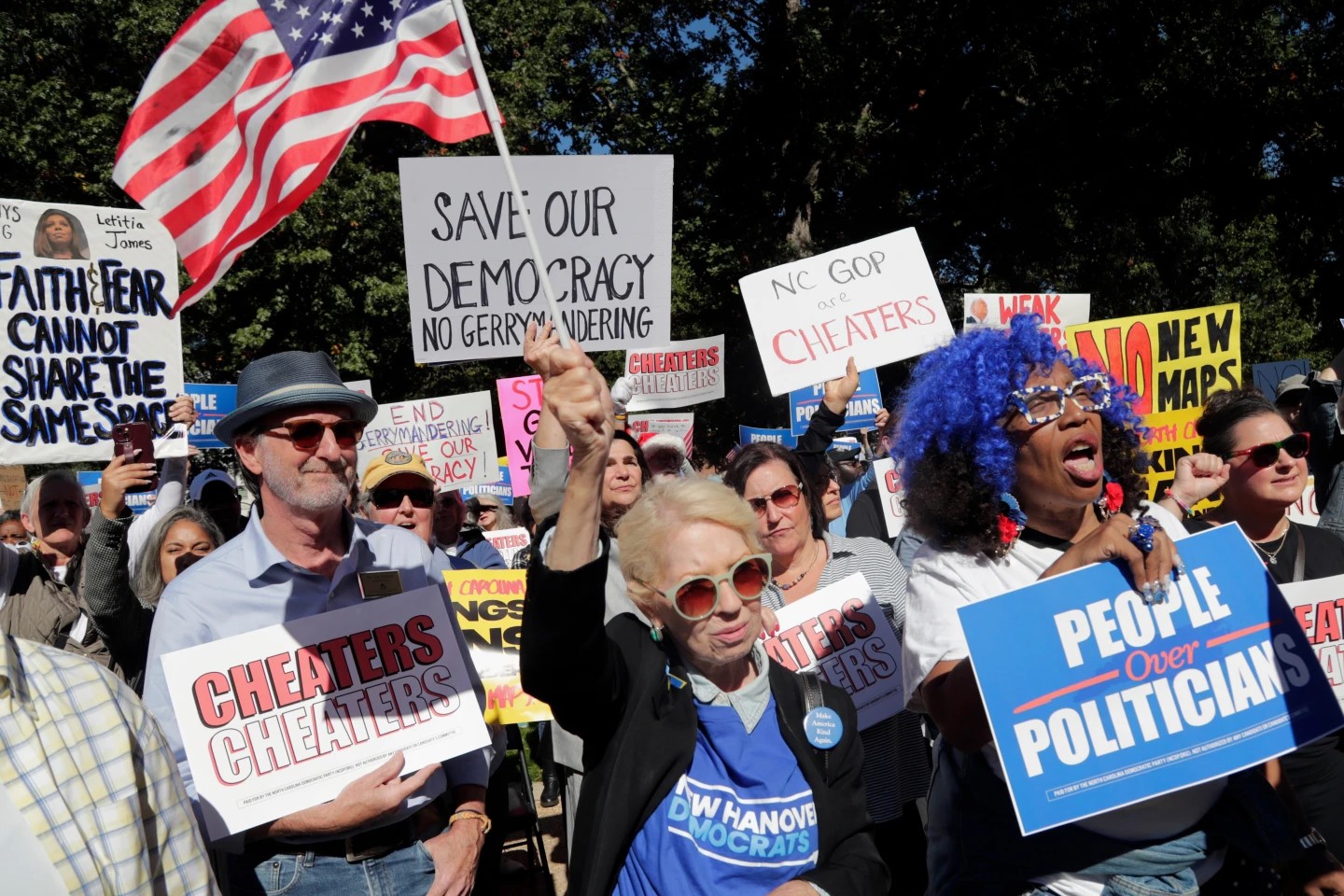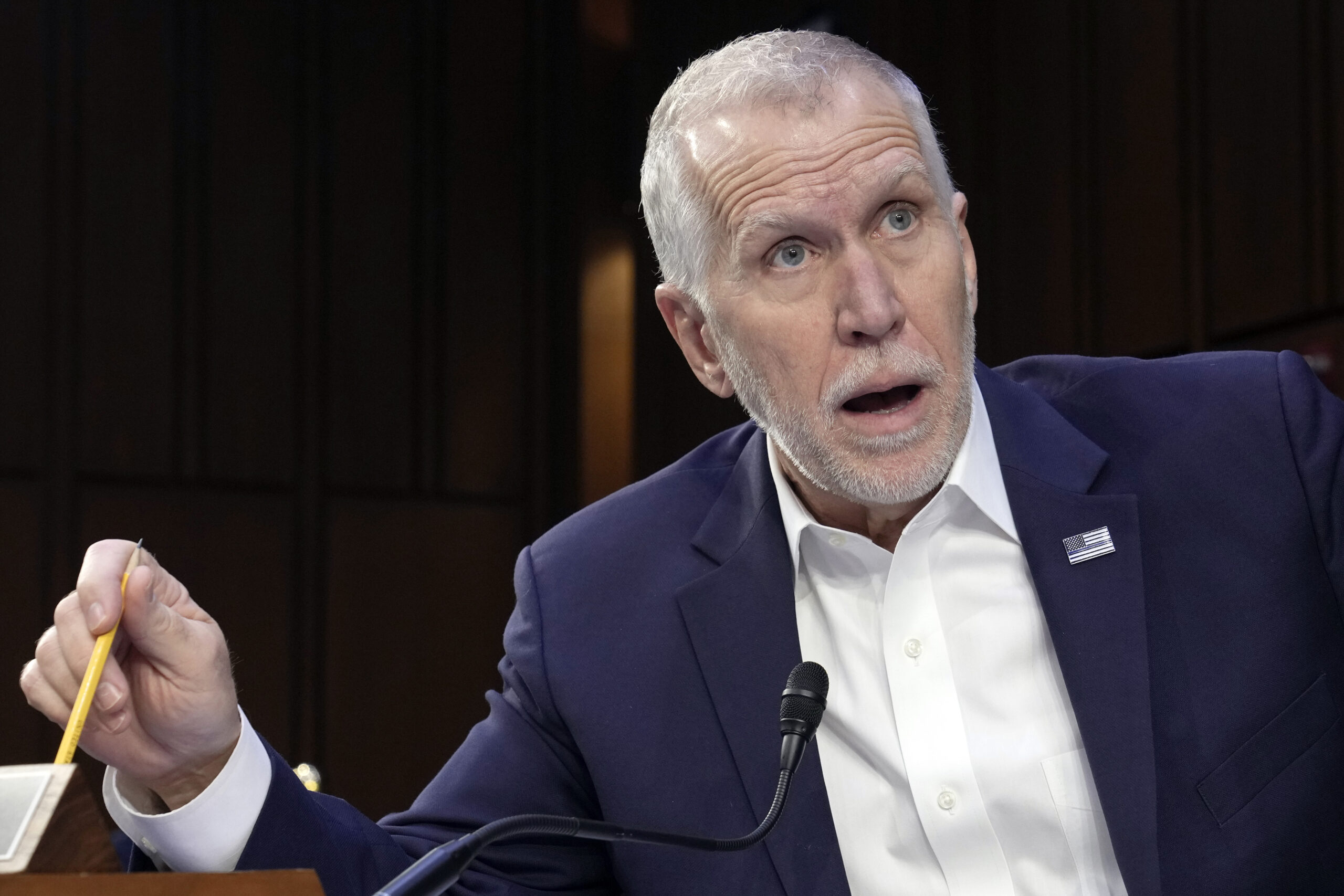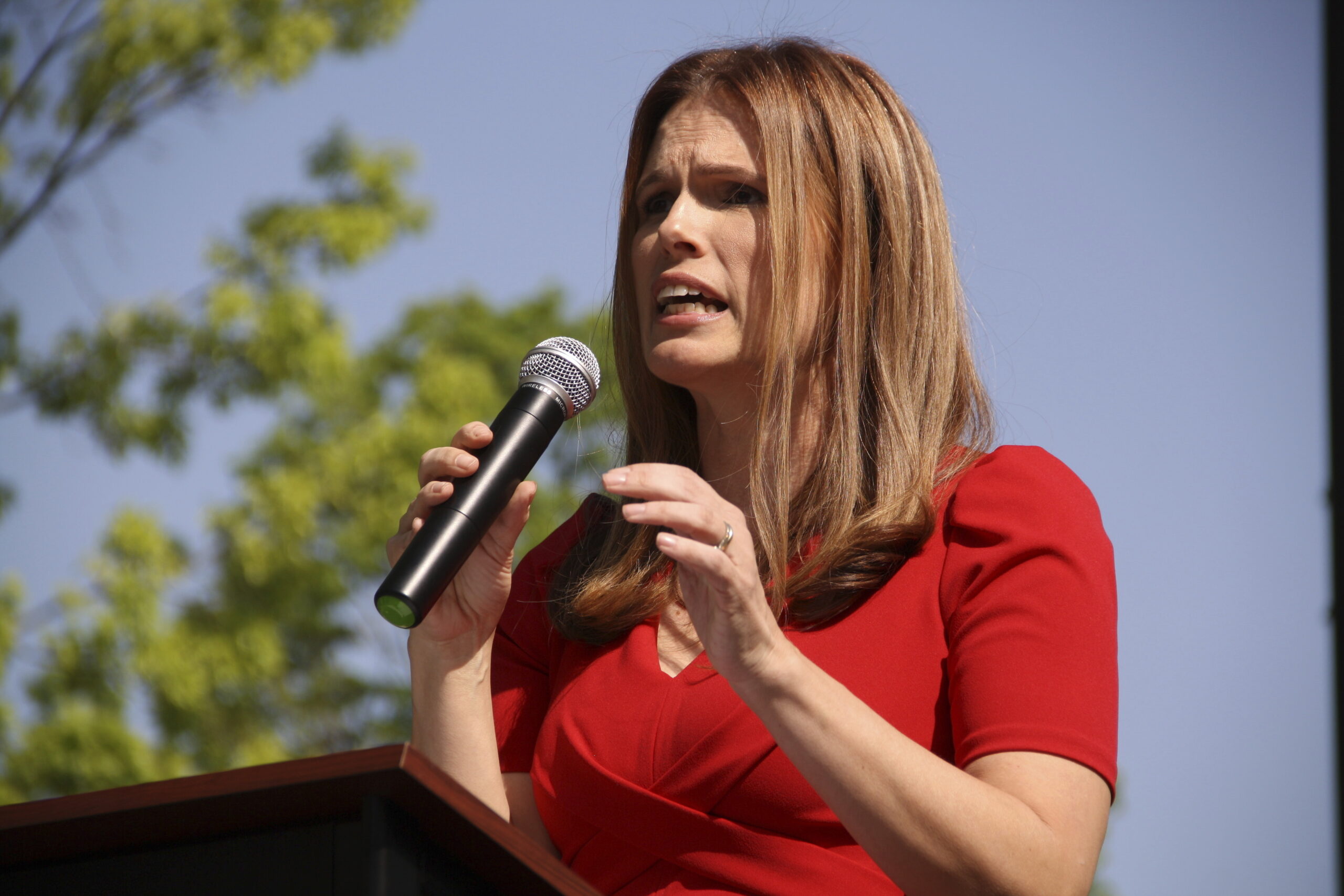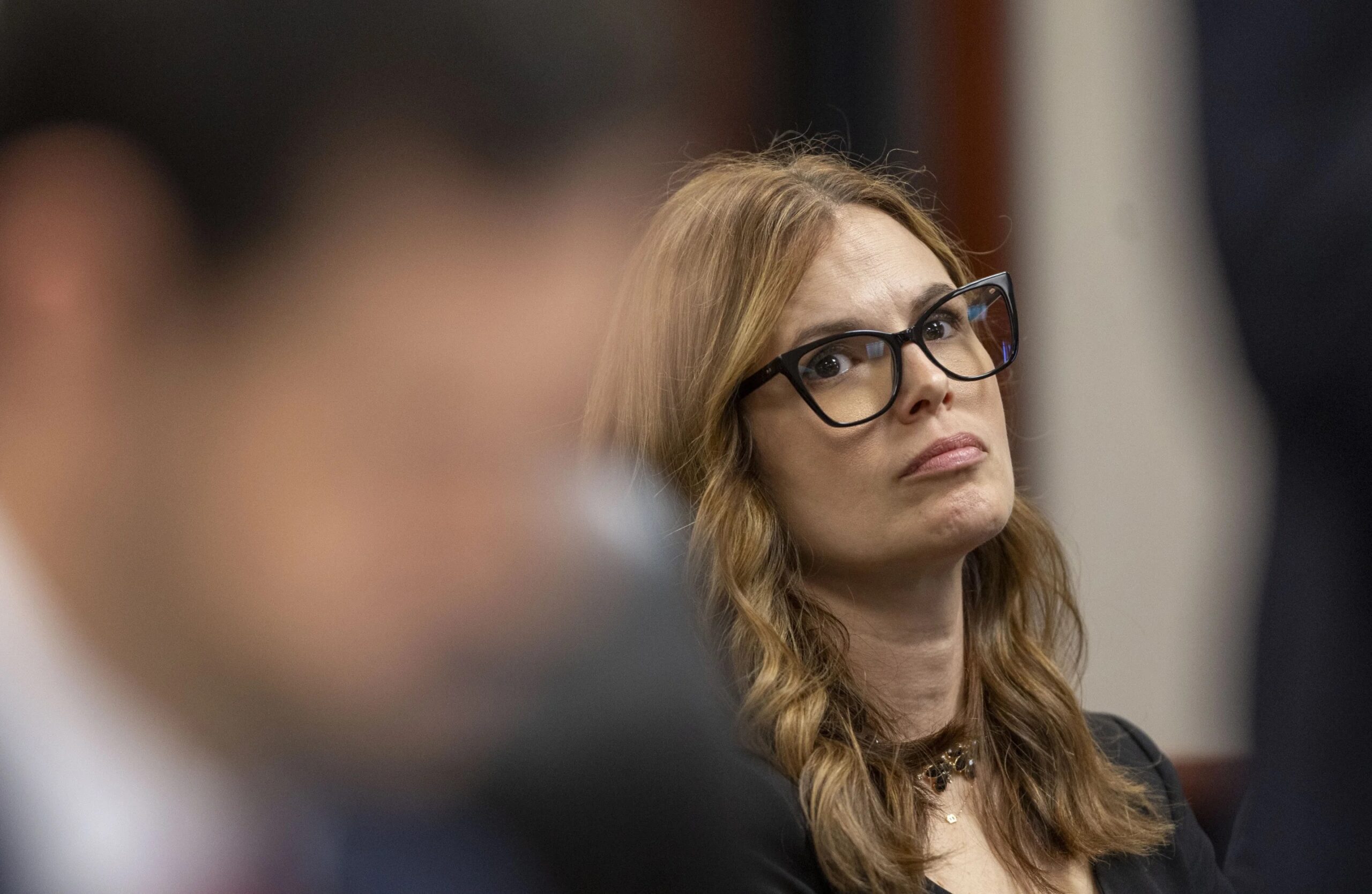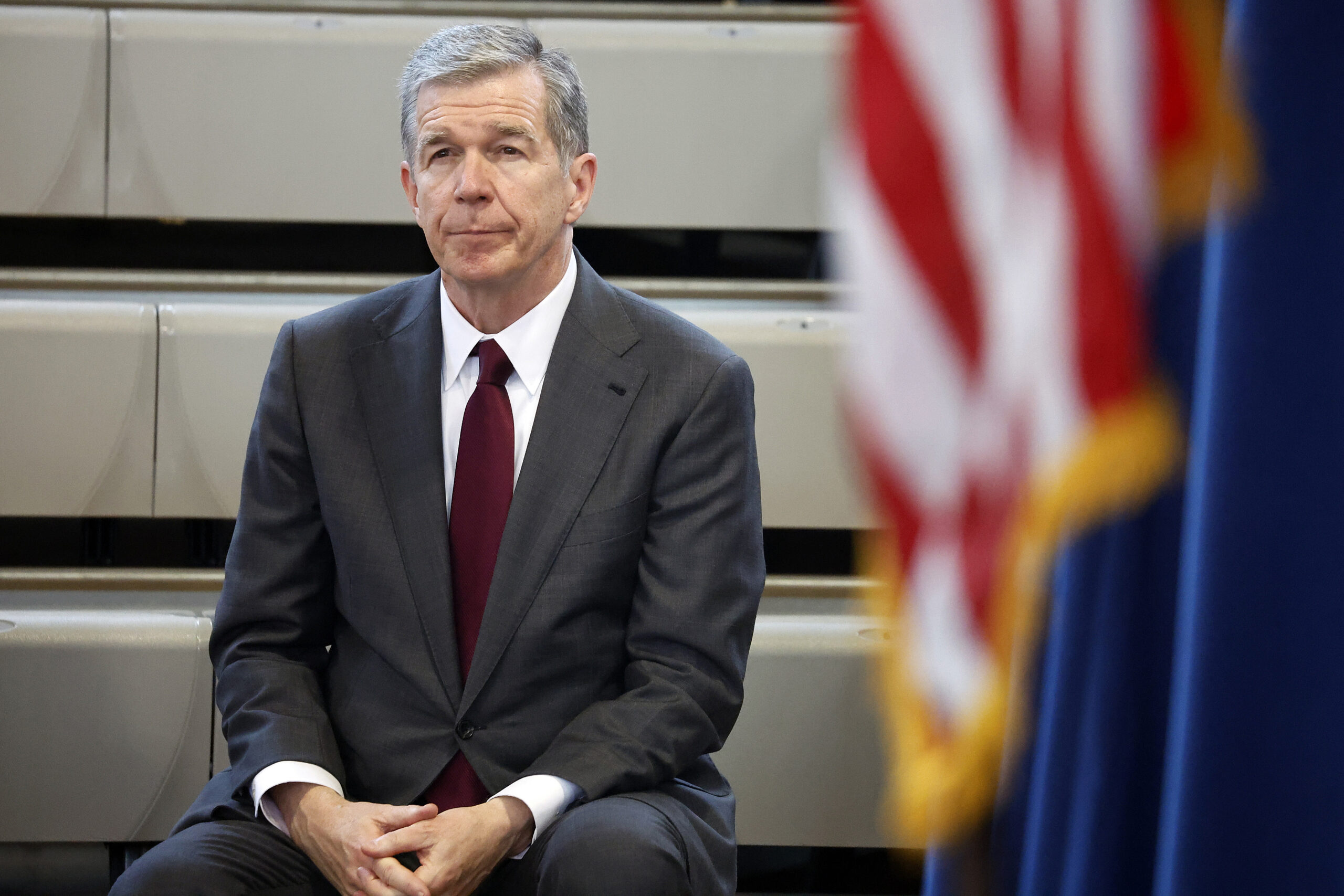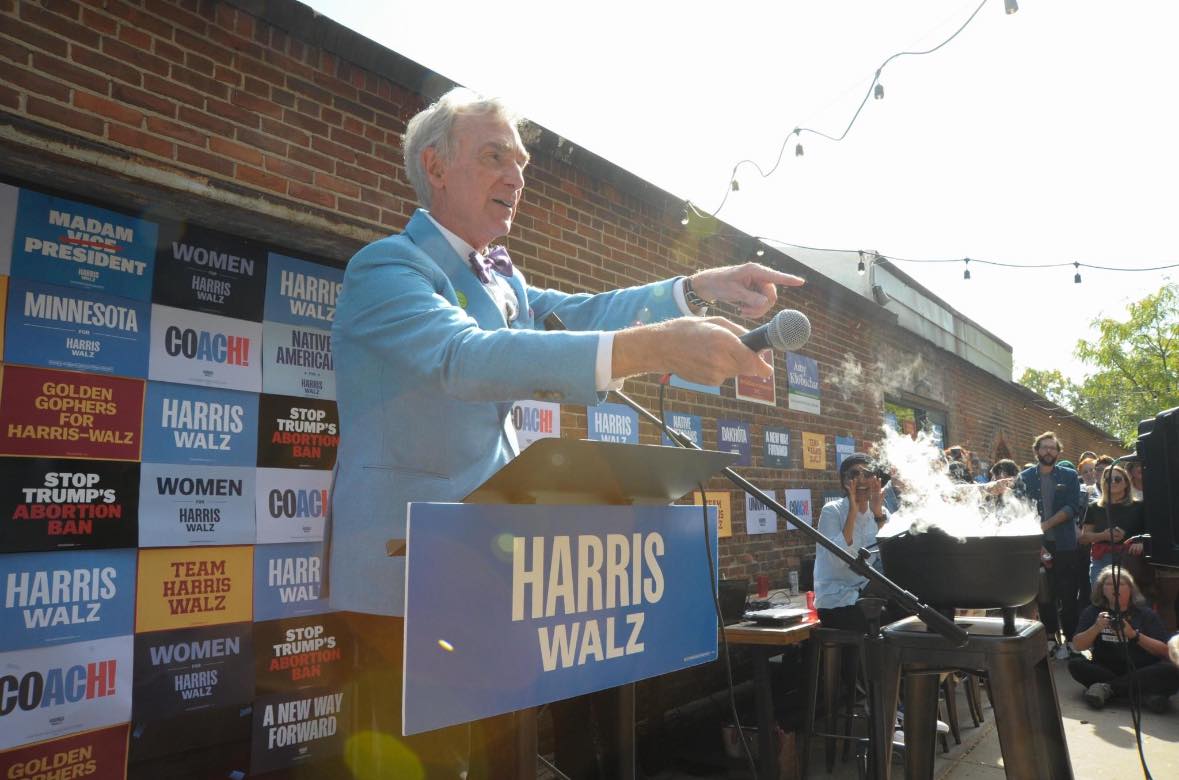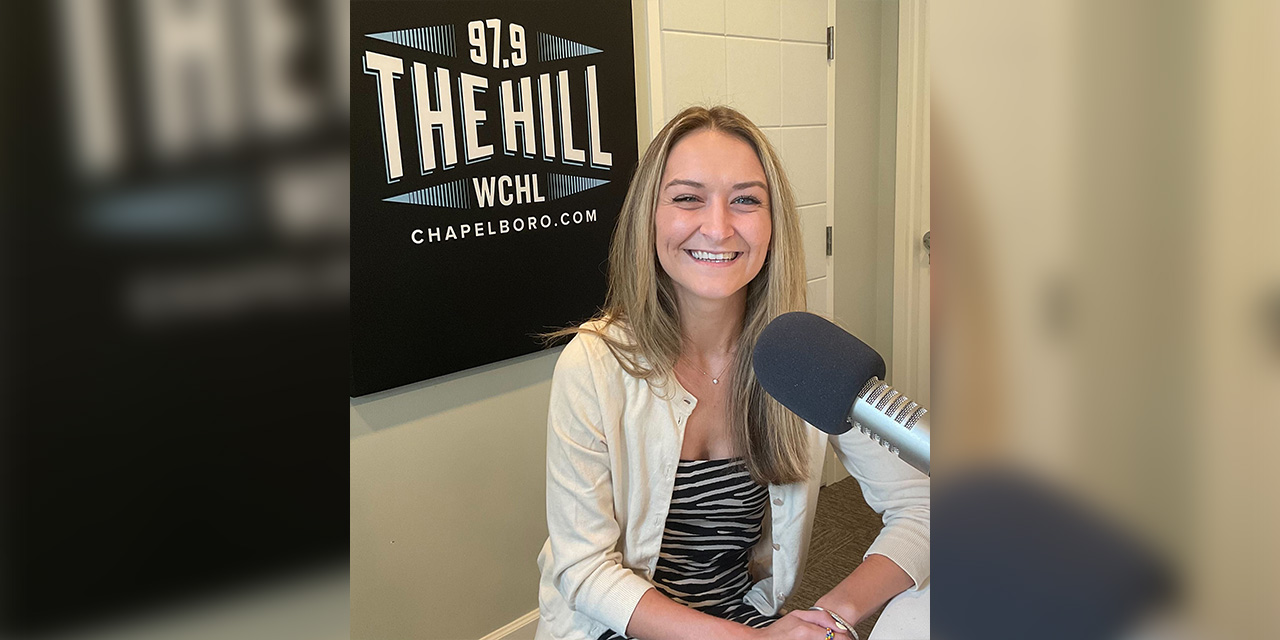Somewhere in history, North Carolina is on its knees, praying for change. Today, North Carolina is on the precipice, with young women lighting the way.
“It was almost like being baptized by fire, in a way,” said Sydney Dougan, former campaign manager for State Senator Sydney Batch and Representative Robert Reives, the House Democratic Leader for the NC General Assembly.
In early November, the pressure is about as biblical as it gets — a test of the spirit, a quest for purity, something almost as unachievable in politics as the promised land can be for a sinner. Imposter syndrome rages on, doubts rise and anxiety climbs. But as complicated and marred as the end of the campaign was, the beginning was simple. Dougan’s beginning in campaigning is a tale as old as time: she wanted to work for someone she believed in and respected, she said. Sydney Batch was a natural fit.
“Someone told me ‘oh yeah, when you graduate, you can manage a campaign’ and I was just like oh my god, that’s insane,” Dougan said. “ How on earth could I manage a campaign when I finished college?”
But at only 21 years-old, Dougan managed one of the most important races in the state. Batch faced off against Republican candidate Erin Pare in a newly redrawn district in Wake County.
“I was definitely a bit nervous and imposter syndrome was really big, especially because I already knew Sydney and respected her so much and didn’t want to let her down,” Dougan said. “I knew her race was really really competitive and getting nasty from the other side. I didn’t totally know what to expect.”
Even though Dougan’s first time running a campaign was during the COVID-19 pandemic, imposter syndrome for women in leadership is a fast-spreading sickness all on its own. But why, when according to the Department of Education, as of Fall 2020, female-identifying students made up 58 percent of total undergraduate enrollment – over 9.2 million students. This trend continues in masters and doctoral degrees with women, outdoing men across the board. In recent years, American Progress reports women have set a new high for women in the workforce and the hours they put in. But still, women comprise less than one third of elected leaders in the United States, ranking the U.S. 66th on the global ranking of women in national government according to She Should Run. When they are asked to run, they need to be asked multiple times before they actually do.
Batch and Dougan, though, were part of a much larger movement when they both stepped forward into leadership positions. Elizabeth Warren, Kamala Harris, Amy Klobuchar, Kirsten Gilligbrand, Tulsi Gabbard and Marianne Williamson were all part of a record-breaking number of democratic women to run for president in 2020. It extends beyond the oval office to, with numbers of young women as political fundraisers, activists, volunteers, and even campaign managers also on the rise.
They weren’t alone, but that didn’t mean the fight was anything close to easy. As the incumbent, Batch was challenged by a newcomer who dabbled in dirty practices, particularly racist ones, and the newly redrawn district made the voting population skew conservative.
“I was just trying to hit our goals and was just getting really frustrated and then also trying to manage the fundraising and then the race itself was getting so nasty,” Dougan said. “Not from Sydney, of course, but from Erin Pare and the republicans who were running just such a nasty race with lots of racist dog whistles and sexist campaign ads.”
Even as the national tide turned to show the first hints of a blue wave, division still flushed across the state like a deep, purple bruise. Painful, aggressive, and stubborn.
“Just absolutely insane,” Dougan described. “Very racist, very misogynistic. I got to this point one night where I just cracked, I was beside myself. I was just like ‘something’s got to change, I have to follow my instincts.’”
This, she said, was the baptism by fire. In the end, though, it was a bitter loss. Erin Pare won the seat with a razor-thin majority — only 50.1% of the vote — even though this didn’t prevent Batch from being appointed to her senator seat by the governor just weeks later.
This spirit-crushing experience isn’t only at the state level though, it’s right here in Chapel Hill, too. Pavani Peri, former campaign manager for Town Council members Tai Huynh and Paris Miller-Foushee knows it all too well.
During her senior year of college at UNC, she began her local campaign work when her friend, Huynh, chose to run for town council. Her journey, she said, began with luck… or maybe “unluck,” depending how you look at it.
“There’s a lot of behind the scenes work that oftentimes is pretty understated or overlooked,” Peri said.
Emotional labor aside, campaigning is also a physically rigorous undertaking. In 2019 and 2021, social media wasn’t relied on as heavily for political information locally. With few options for traditional news outlets in the Chapel Hill-Carrboro area, canvassing door-to-door was the primary focus of many grassroots campaigns.
“It’s ‘unluck’ because if you want to do it well, there’s certain things you have to do that take more work that other people aren’t doing,” said Peri. “It’s just that much more burdensome for the campaign staff.”
The weight of campaigning would be heavy for anyone. But as a young person, especially a young woman, it’s not just the weight of the work. It’s also the added pressure of having to prove you are deserving and capable of doing it.
“When you’re a young person, you have to work that much harder to prove your credibility and keep questioning if you know what you’re doing,” Peri said.
The same strengths people benefit from in young people are also the ones people fear. Specifically, their drive for change.
“People always steer you away from trying new things,” Peri continued. “There’s this fear that if you unlock a new voter base that the balance of power will shift locally. There’s a lot of negative talk and the races aren’t at all positive. Being able to A) manage a candidate and B) make sure they’re comfortable with what might happen when they’re knocking on doors every weekend in the heat while doing meet and greets and forums.”
The “barrier to entry” alone makes you question if it’s worth it at the local level, she said. Especially when you consider the toll of feeling responsible for the emotional wellbeing of your candidate, not just their professional success. Both of Peri’s campaigns, however, ended in success: both candidates are serving their first terms on the Chapel Hill Town Council.
Even as disenchanting as many young women have found North Carolina’s purple politics to be, the fight continues. Like a game of tug-of-war, even when the most successful democratic women in our state end up bloodied and bruised by the end of the race, they can, and do, still win. Scraped knees, blistered palms, and all.
Jenna Wadsworth was raised on a dirt road in Johnson County where her only constituents were her grandparents and their hogs, chickens and cattle. In 2010, she made history at the age of 21 by becoming the youngest woman ever elected to political office in North Carolina. Today, she serves on the Wake County Soil and Water Conservation District Board of Supervisors.
Anderson Clayton’s political journey started similarly, in Watauga County on Appalachian State’s campus. Most would assume Clayton’s constituents, college students, were about as likely to vote in local elections as Wadsworth’s farm animals. But still, Clayton fought for them and saved App State’s on-campus early voting site, a win that united the entire community, “from 17-year-olds to 70 year-old’s,” she told Teen Vogue. In February, Clayton made history, too, as she became the youngest active party chair in the country and the youngest ever elected in North Carolina as Chair of the North Carolina Democratic Party.
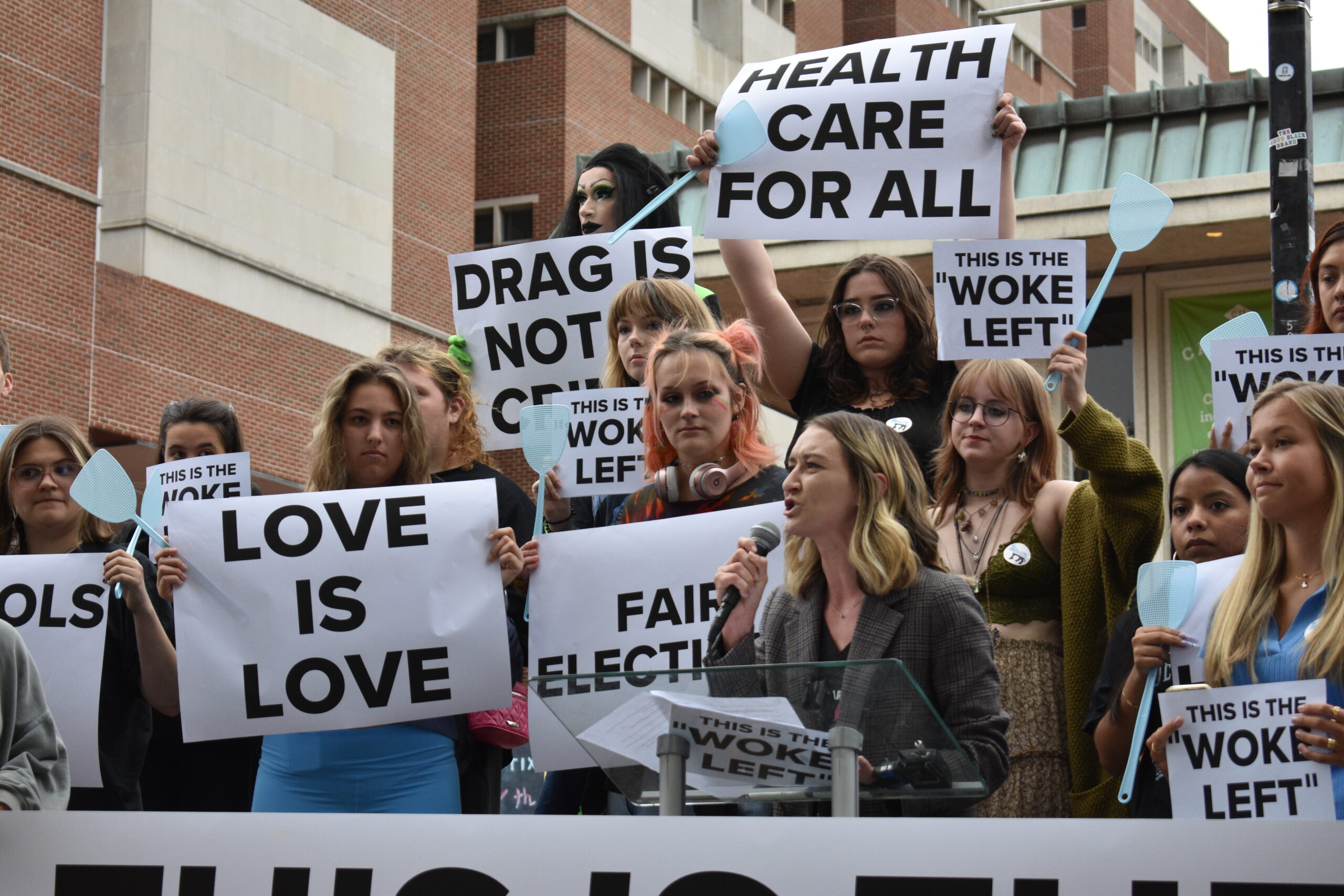
Chair of the North Carolina Democratic Party Anderson Clayton speaks at the UNC Young Democrats’ rally in Chapel Hill on April 26, 2023.
Even as many young organizers clutch their faith in the future with shaking hands, Tiffany Allen, intern coordinator for the Orange County Democratic Party’s County-to-County program, is confident.
“This is not surprising to me, given that the majority, if not 100%, of County-to-County leadership is women driving this movement, but our intern class had 30 total interns, 21 of whom identified as female,” Allen said.
The majority of interns were high school girls, ages ranging from 15 to 22 years old. Even as the world continually tries to break their spirit, dousing their light in darkness and pinning the wings of their hope like a crucifixion, the purity of their young mission refuses to waiver.
“I went back and skimmed the applications of the folks who applied and again I am just so inspired to see their reasons,” Allen said, “Many of the women in the group talked about Roe V. Wade and the impact that had on their political engagement, their desire to make an impact or make a difference, I saw that theme throughout. They want to get involved in politics or campaigns so this was a good way to learn about that, which I love, because I want to see more women in politics.”
She continued listing the highlights of their application, one poignant message after another. Even after everything, young progressive women want to encourage positive change, they’re interested in running for office, they want to make their voice heard, they want to organize and pursue careers in public policy and civic engagement. The list went on and on.
Following the election, Allen and her interns sat down and had a discussion about the results of the candidates they campaigned for and if their experience met their expectations. One intern’s response stood out.
“I feel like no one listens to young people,” they said.
To this, Allen’s advice is timeless: “Don’t forfeit your voice.”
Chapelboro.com does not charge subscription fees, and you can directly support our efforts in local journalism here. Want more of what you see on Chapelboro? Let us bring free local news and community information to you by signing up for our biweekly newsletter.


